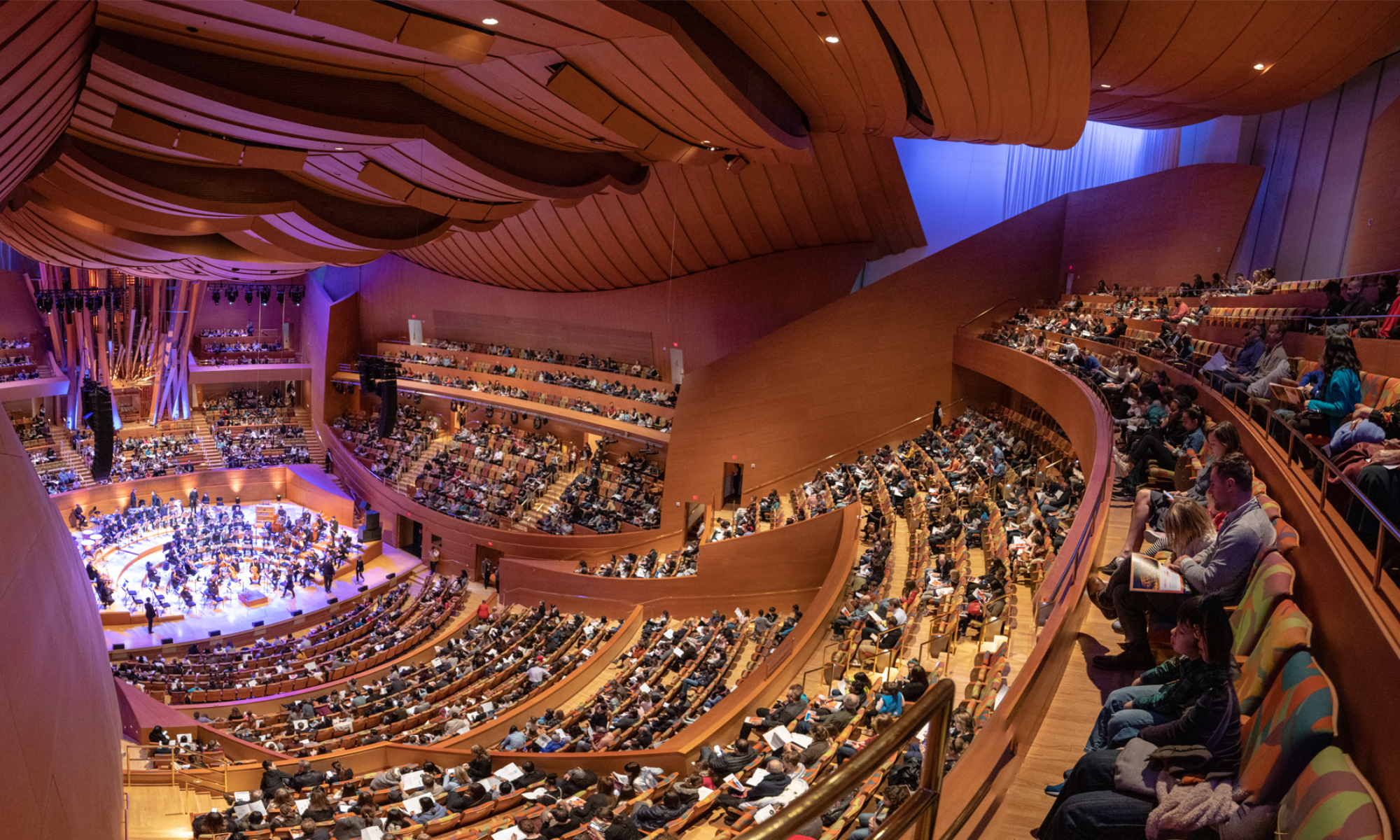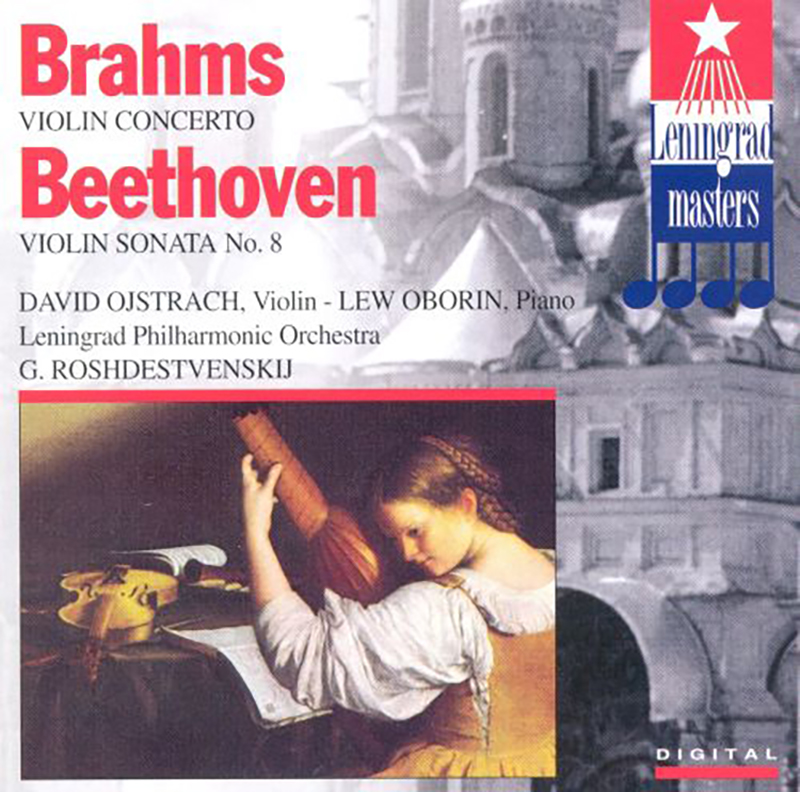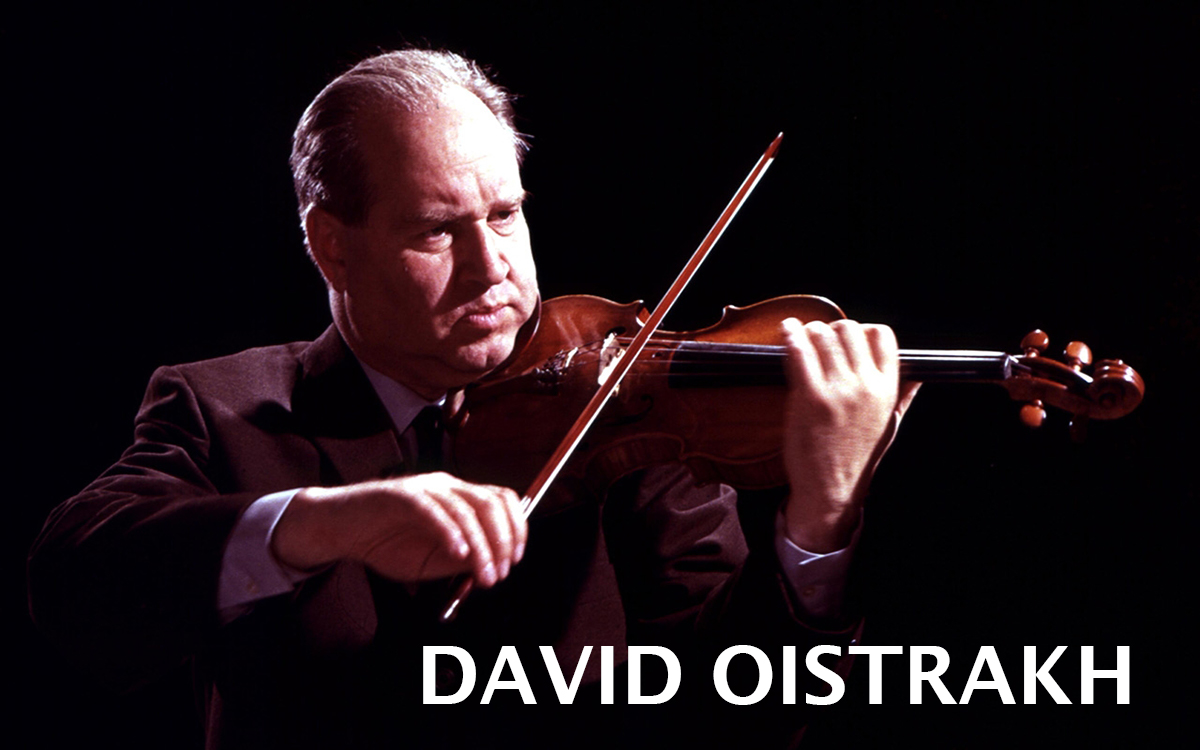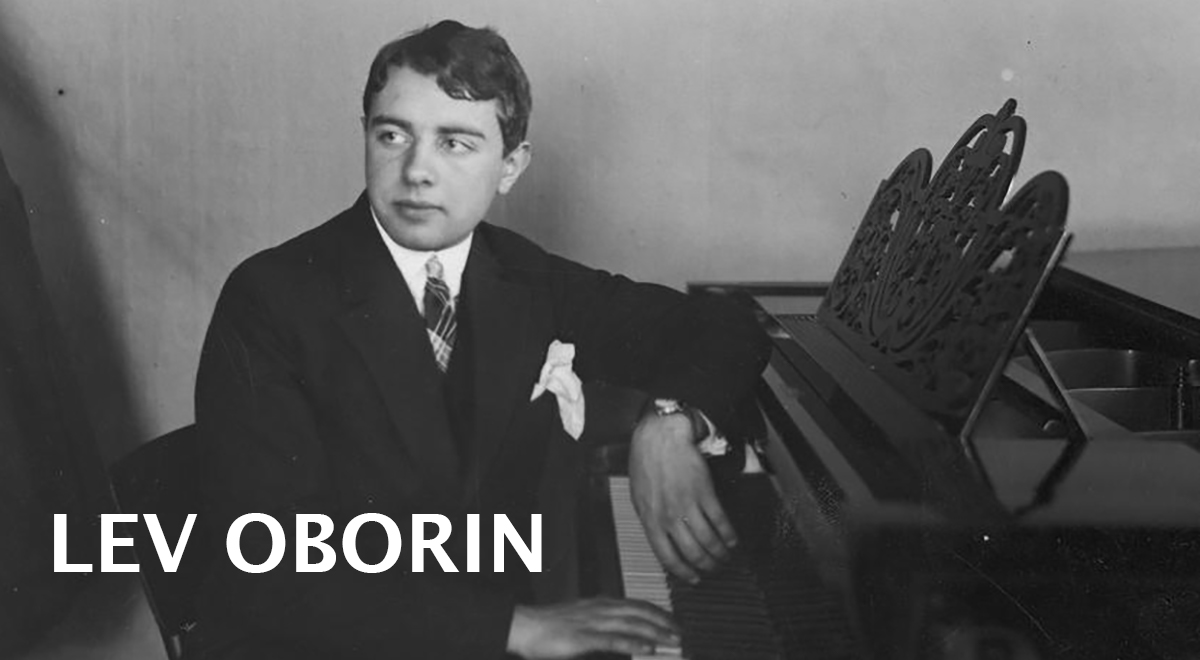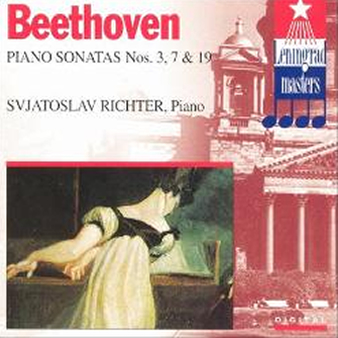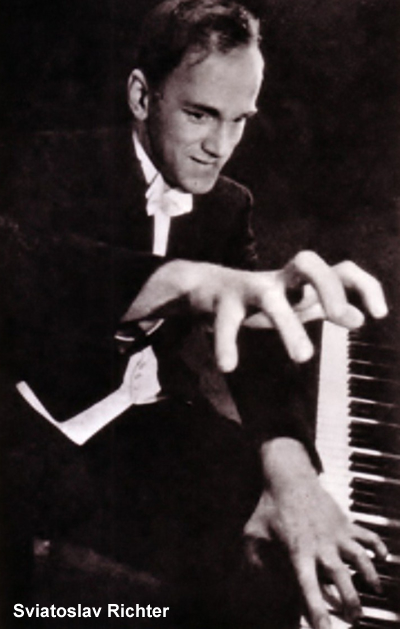Johannes Brahms (1833-1897)
Concerto for Violin and Orchestra, In D Major, Opus 77
Ludwig Van Beethoven (1770 -1827)
Sonata for Violin and Piano No 8, in G Major, Opus 30 / 3
Performed by:
Leningrad Philharmonic Orchestra
Conductor: Gennadij Roshdestvensku
David Oistrakh (Violin)
Lev Oborin (Piano)
Historical Recording dates: 1972 (Brahms) and 1960 (Beethoven)
ONE-SENTENCE REVIEW:
I mean, I don’t know, these are fine historical Soviet recordings but seem pretty cold (war) – maybe it’s because of the time – Leningrad Orchestra in the 1960s and 1970s.
ORIGINAL LINER NOTES:
The brilliant violinist David Oistrakh, born in Odessa on September 30, 1908, and died in Amsterdam on October 24, 1974, was a pupil of the teacher Stoliarski, who also contributed to the training of Nathan Milstein.
In 1926, Oistrakh gave his first performance in Odessa and in 1937 was awarded first prize at the Eugene Ysa of Belgium Competition.
He achieved success at a very early age. The international public was overwhelmed by this young man who possessed such skill that he was able to overcome every technical difficulty with the greatest east by conveying the violin’s melody in a beautiful and profound way.
The nobility, sincerity and fidelity of the style of ‘King David’ (as he was soon called) were outstanding from an early age. Oistrakh played a violin made by Stradivarious in 1706. He was the person to whom the two Violin Concertos by Dmitri Shostakovich, Sonata No. 2 for Violin and Piano by Sergey Prokofiev and the respective Concertos by Khachaturian and Kabalevsky, were dedicated.
The pianist Lev Oborin was born in Moscow on September 11, 1907, and died in Moscow on January 5, 1974. His teachers were Elena Gnesina and Konstantin Igumnov.
In 1927, he was awarded the Chopin Prize at the first Warsaw Competition and the following year, he took up the post of Professor of Piano at the Moscow Conservatoire. There he taught, amongst others, Vladimir Ashkenazy and Ekaterina Noitskaya. Under Oborin they extended the analytical restraint of their expression and exquisite legato.
Both instrumentalists play together frequently and, accompanied by the violinist Svjatoslav Knuschevitsky (Petrovsk, 1908 – Moscow, 1963), they form a wonderful trio which will always remain in the annals of Russian musical history.
TRACK LISTING:
Johannes Brahms – Concerto For Violin And Orchestra, in D Major, Opus 77
- Allegro non troppo – 22:37
- Adagio – 9:19
- Allegro giocoso, ma non troppo vivace – 8:29
Ludwig Van Beethoven – Sonata For Violin And Piano No. 8, in G Major, Opus 30 / 3
- Allegro assai – 6:41
- Tempo di menuetto, ma molto moderato e grazioso – 8:46
- Allegro vivace – 3:37
FINAL THOUGHT:
This Leningrad Masters disc issued in the early-1990s from the Soviet Archives is not very well mastered and is definitely not the cleanest recording – but the performers are in top form – even though, as I said up top, it left me a little cold.
 Emily Sachs – President – Manka Music Group (A division of Manka Bros. Studios – The World’s Largest Media Company)
Emily Sachs – President – Manka Music Group (A division of Manka Bros. Studios – The World’s Largest Media Company)
